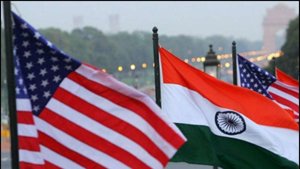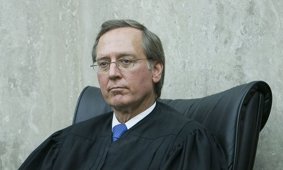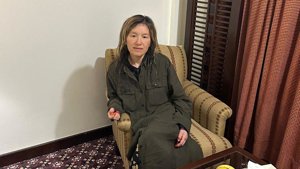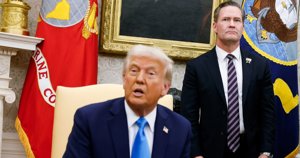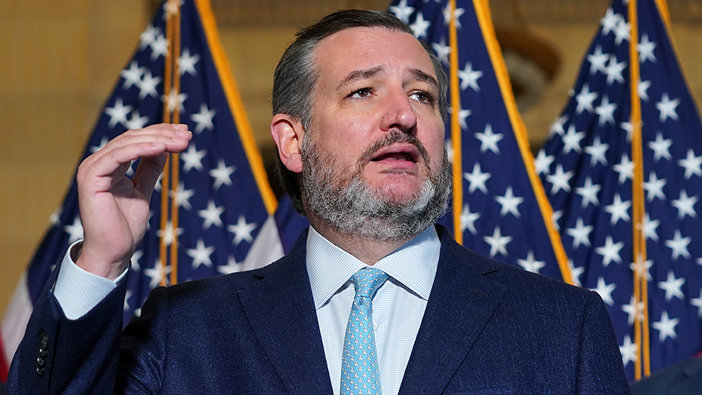
Cruz Cautions Tariffs Could Spark Recession
United States Senate Commerce Committee Chair Ted Cruz has voiced serious concerns over the latest round of tariffs introduced by President Donald Trump. Speaking on his podcast released Friday, Cruz said he is "not a fan" of the tariff strategy and warned of severe potential consequences.
“If we're in a scenario 30 days from now, 60 days from now, 90 days from now, with massive American tariffs, and massive tariffs on American goods in every other country on earth, that is a terrible outcome,” Cruz stated. His remarks reflect apprehension over possible global retaliation that could destabilize international trade and economic stability.
The Texas senator, who once ran against Trump in the 2016 GOP primaries but later endorsed him for the 2024 election, suggested that the economic repercussions of widespread tariffs could extend to political fallout. He cautioned that a downturn in the economy—especially a recession—could significantly hurt the Republican Party in the upcoming 2026 midterm elections.
“If we go into a recession, particularly a bad recession, 2026 in all likelihood, politically would be a bloodbath,” Cruz warned. His comments underscore growing divisions within the Republican Party over the administration’s economic strategy, even as Trump continues to defend the tariffs as necessary to protect American industries.
The tariffs have already triggered mixed reactions from domestic and international stakeholders. While Trump maintains that reciprocal tariffs are aimed at leveling the playing field and countering unfair trade practices, critics like Cruz argue that the strategy risks economic isolation and may backfire on both businesses and consumers.
With trade tensions escalating and foreign governments preparing potential countermeasures, Cruz’s remarks add to a chorus of voices urging caution. As the Trump administration doubles down on its tariff policy, lawmakers and analysts alike will be watching closely for its long-term effects on both the economy and the political landscape.

